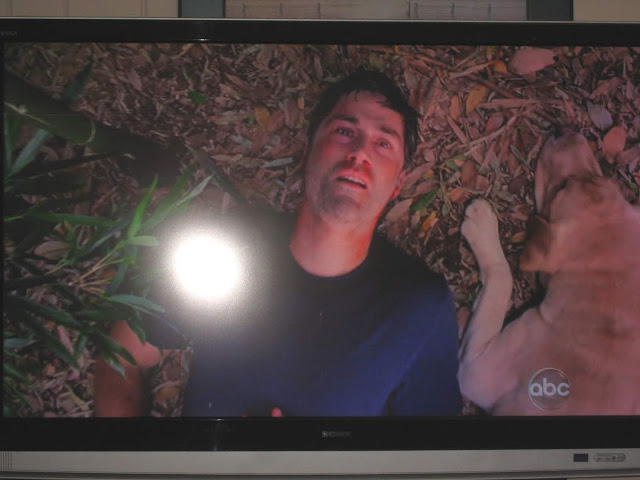First off, I probably could have figured out how to squeeze in one more
constellation to round out the year, but I wanted to take this opportunity
to talk about my plans for next year. I’m going to be doing something wildly
different with my macroseries, The Advancement of Mateo Matic. So far, I’ve
mostly been writing one installment per week. The first one didn’t come out
until the middle of March in my first year, so it only has 42 installments.
In fact, I actually doubled up on one day, because I hate the number 41. The
next year was pretty normal, but the third year, while there were 53
Sundays, I still only did 52 installments, because I skipped a week for
narrative reasons. Ever since then, though, I’ve been able to keep to a
steady routine of 52 installments per year. That is all about to change, but
not permanently. Everything will hold to convention for the first 24 weeks.
Mateo’s story will continue as you would expect, year by year. So too will
my current Saturday mezzofiction series, Extremus. I have two microfiction
series lined up as well. The first is a return to my Vantage Points
multiseries, which will give way to 14 original sonnets. I’m scared about
that last one, but hopefully I’ll come up with some good stuff by then. The
last sonnet will post on June 10. The last entry in the second volume of
Extremus will post on June 11. A new installment for TAMM will be on June
12, but I’m not yet sure how long it’s going to be, or whether the official
changeover will happen the following day, where you will find...another
installment of The Advancement of Mateo Matic. The next day, there will be
another, and then another, and so on.
Throughout the rest of the year, I’ll only be posting TAMM stories. No
mezzofiction, and no microfiction. Though, because expecting myself to write
2,000 words—give or take—every day is unreasonable, they will be shorter
than usual. I’ll probably do at least 600 words, but I’m not sure yet. I’m
not holding myself to anything that restrictive. Each one will take place a
day after the last, as we follow Mateo and the team through their latest
adventures. They’ll probably be more subdued, and less intense. They’ll
probably be family-oriented, with less action. They might read like diary
entries. Again, I don’t know yet. I have to get to that point before I
really know where the story is going. I serve the story, not the other way
around. There is a reason why the team will fall off their pattern, and a
reason why it will last them a full year, but I’ve decided to not give that
away just yet. If I had chosen to start this in January, I might have said
something, but since it’s so far out, I call that a spoiler. This new
posting method will continue until the middle of July 2023 when I start a
new microfiction series called Conversations, and begin volume 3 of
Extremus. I will also get back to the weekly installments of TAMM, and while
the story will continue to evolve, I presently have no intentions of
altering the posting schedule further. I think I messed up the math, so
we’ll see what it looks like when I finish working on the calendar, but I’m
sure it will be fine. Speaking of math, I came up with this in my first
year, before I had tampered with Mateo’s pattern, so this felt like a much
more dramatic change. Since then, he and Leona haven’t always jumped
forwards each day anyway. Still, I’m excited, and I hope you are too. This
started as a working title, but it’s the best I’ve come up with. I’m
obviously calling it...Mateo Daily.



















